The Kingdom’s growing property market, which has already seen the approval of more than 1,300 construction projects to cover more than 4 million sqm in 2024, as well as the addition of an estimated 14,000 condo units expected by the end of the year has also seen new investment and property and real estate regulations passed. We review some of these regulation updates and their impacts.
2024 Legal Updates In Cambodia's Real Estate Sector
Key legal updates for 2024 include:
- Prakas No. 50 (July 19, 2024) on the procedures and formalities for registration of private units of co-owned buildings constructed before December 19, 1997.
- Special Program to Promote Investment in Preah Sihanouk Province.
- Prakas No. 047 on Land parcel development / Housing/co-owned building development / Residential Development - which replaced Prakas No. 089 dated January 20, 2020, on the management of Real Estate Development Business.
There are also digitalised procedures for applying for professional certificates and licenses to conduct real estate service business in Cambodia.
Prakas 050 - Procedure For Private Units In Co-Owned Buildings Built Before 1997 In Cambodia.
Prakas 050 was issued by the Cambodian government on 19 July 2024, and details the registration procedure for private units in co-owned buildings built before 1997 in Cambodia.
Foreigners who purchased units at such buildings can now register their soft titles or possession documents to receive official ownership titles.
Foreigners who may have purchased in that period would have received a soft title and there was previously a ban on registration or transaction for these condominium units or apartments.
This Prakas is an attempt by the Cambodian government for foreigners who were in this situation to apply for a possession document to obtain an ownership title - the Praka outlines the procedure to apply for the private unit certificate which entails completing the form with the Ministry of Land Management +ID + fees.
What Is The Private Unit Certificate?
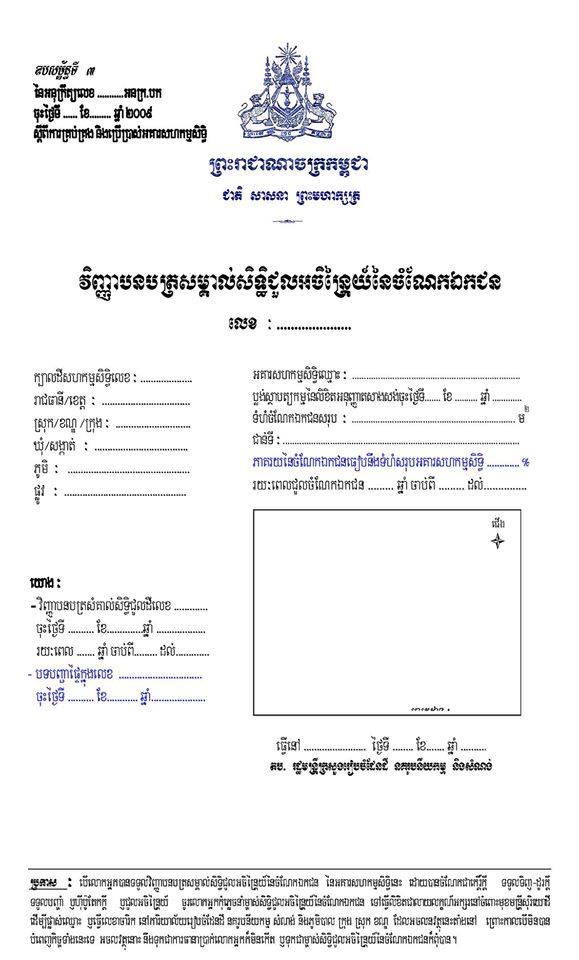
The Certificate of Perpetual Lease over a Private Unit is a form of property ownership for long-term tenants in co-owned buildings such as condominiums or office buildings in Cambodia. This certificate is issued to the tenant by the Ministry of Land Management, Urban Planning and Construction (MLMUPC) for their private unit within the co-owned building.
Co-owned buildings are structures where multiple owners reside, with each owner having exclusive rights to their private unit and shared ownership of common spaces like lounges, pools, and gyms. As of Q4 2022, there are around 30,000 condo units in Phnom Penh across 100 buildings, expected to rise to 80,000 units by 2025.
To obtain this certificate, the owners of the private units must provide the original current certificates of title or other proof of legal ownership. The Certificate of Perpetual Lease over Private Unit grants the tenant long-term occupancy rights to their private unit within the co-owned building.
Under Cambodian law, foreigners are allowed to own up to 70% of the private units in co-owned buildings, excluding ground and underground floors.
See a guide here on the most vital documents when it comes to Cambodian property ownership.
Prakas 047 - Real Estate Development Business License And Permits
Prakas 047 outlines the rules and procedures for issuing real estate development business licenses/permits, and replaces Prakas No. 089 dated 20 January 2020 on the Management of Real Estate Development Business.
It should be noted that existing licenses/permits issued before the issuance date of Prakas No. 047 remain valid until their expiry date.
According to legal firm DFDL, Prakas No. 047 aims to enhance the effective management of real estate development businesses and introduces two types of licenses or permits for different types of real estate development activities:
- Residential development or co-owned building development business licenses/permits - projects ranging from 3 to 30 houses, villas, or units require a prior permit from the relevant Capital-Provincial Department of Economy and Finance (DEF). development project with a size exceeding 30 houses, villas, or units must obtain a prior license from the Real Estate Business and Pawnshop Regulator (“RPR”) of the FSA
- Land parcel development business licenses/permits - Land parcel development projects with a total area below 10,000 square meters must obtain a prior permit from the DEF, while projects exceeding 10,000 sqm size require a prior license from the Real Estate Business and Pawnshop Regulator (RPR).
There are also further requirements on meeting capital requirements, as well as fines outlined for not fulfilling the obligations or having the required licenses and permits - fines for operating without proper licenses can range from 500,000 Riels (approximately USD $125) to 500,000,000 Riels (approximately USD $125,000).
New Digitalised Procedures For Applying For Professional Certificates And Licenses For Conducting Real Estate Service Business In The Kingdom
The RPR announced a new digitalised procedure for applying for professional certificates and licenses to conduct real estate service business in the Kingdom. This forms part of the transition to online licensing procedures aligning with the Royal Government of Cambodia’s (RGC) Cambodia Digital Government Policy 2022-2035.
These online licensing applications are related to real estate agency, management and valuations. Business representatives of the applicants must demonstrate that they have the necessary qualifications and experience related to the service offered (there are categories of license)
- As of August 1, 2024 all applicable real estate sector parent companies and branch offices can wholly apply for professional certificates and licenses for professional real estate services through the online portal of the RPR (which is called the Information Technology System Portal).
- Applicant companies can submit their application for professional certificates and licenses and all relevant fixtures online using the ‘CamDigikey’ app.
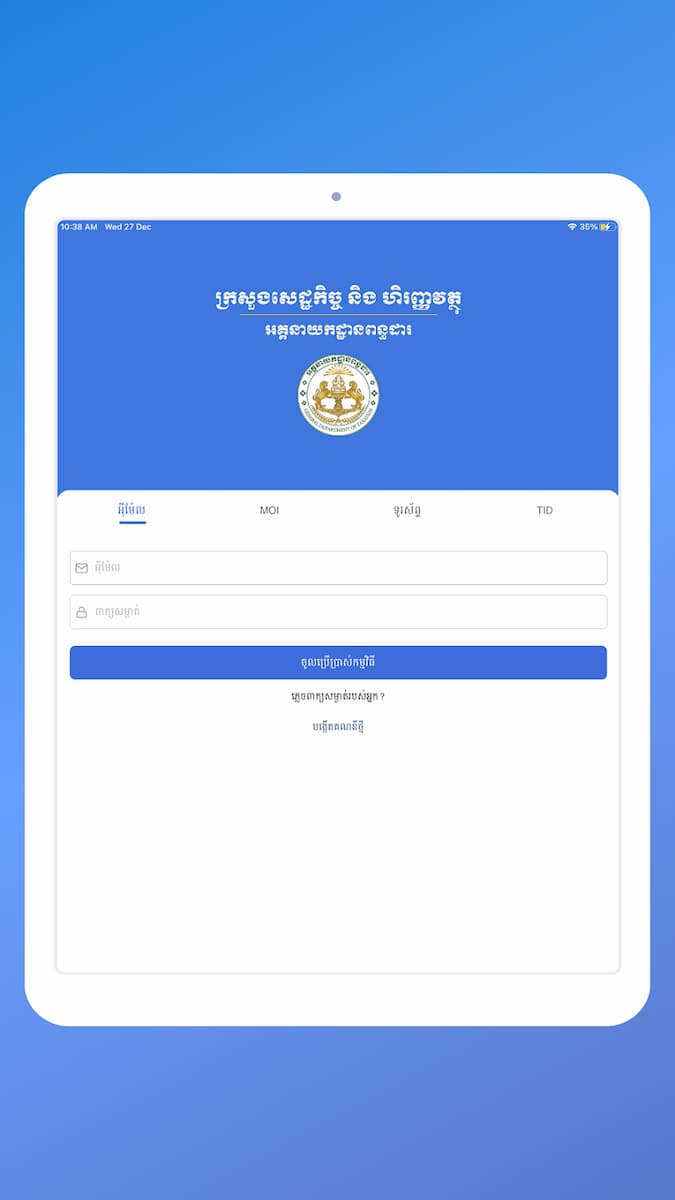
According to the 2022 regulation, entities found undertaking real estate services or related advertisement activities without the required licensing will be liable for fines between KHR 5,000,000 and KHR 10,000,000, as well as immediately ceasing any such activities.
2024 Cambodian Property Tax Obligations
Property owners in Cambodia should be aware that the deadline to declare 2024 property tax payments is September 30, 2024. This is also known as the Tax on Immovable Properties (TOIP).
On July 31 2024, the General Department of Taxation (GDT) released a circular to remind all concerned of their obligations to pay the tax and that those who do not will be subject to administrative penalties.
TOIP imposes an annual tax rate of 0.1 per cent on the taxable base on immovable properties (immovable properties include land, houses, infrastructure, buildings and other constructions) that are valued at over $25,000 or KHR 100 million*. The taxable base is 80 per cent of the total value of the property value in Cambodia (including the land and building values).
- Taxable Base = (Property Value x 80 per cent) - (100,000,000 riel
- Property Tax Payable = Taxable Base x 0.1 per cent
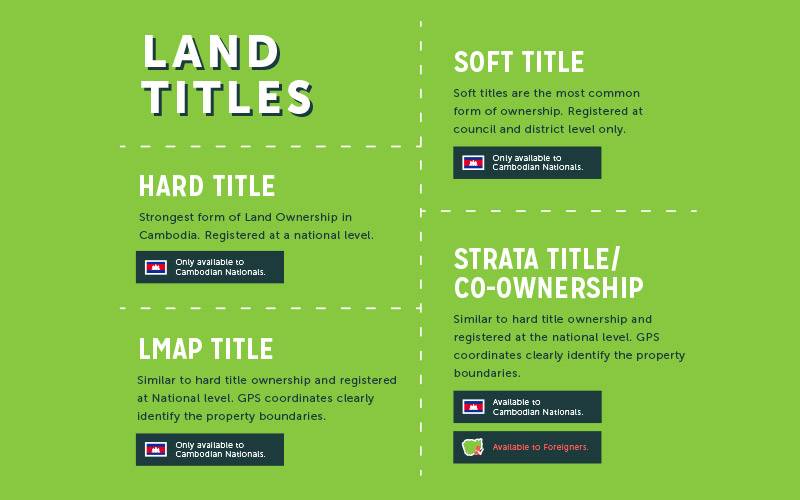
You can pay via the “GDT Taxpayer App” which is available for download for Android and iOS devices- the Cambodian GDT recommends this method as a fast and easy way to manage required property tax payments.
It should be noted that taxpayers making this year’s payment will need to provide their Property Tax Registration ID or the tax payment receipt of the previous year.
*Properties under this value, as well as state-owned lands, agricultural land and industrial land, are exempt from paying property tax.
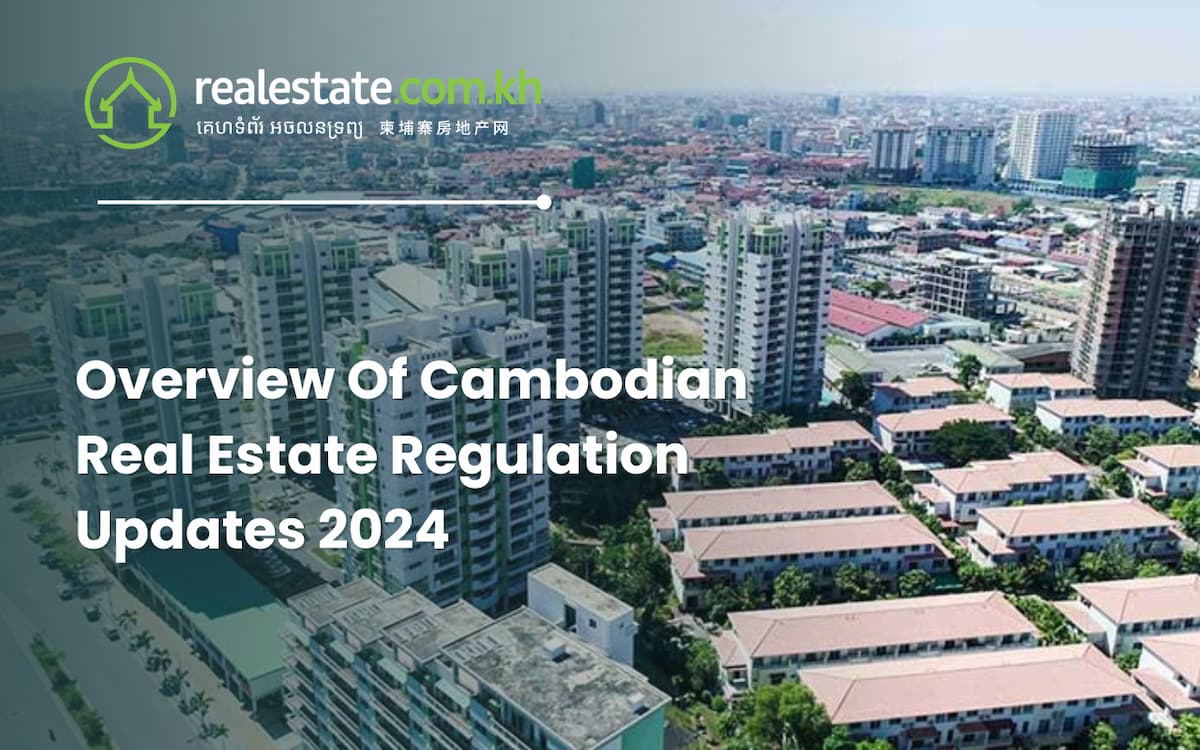
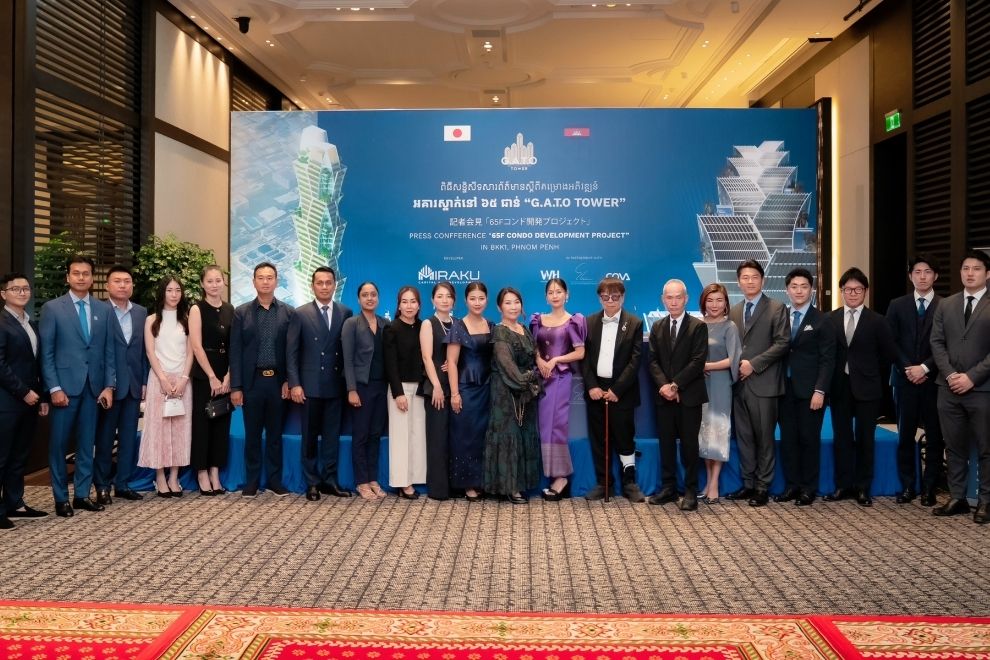

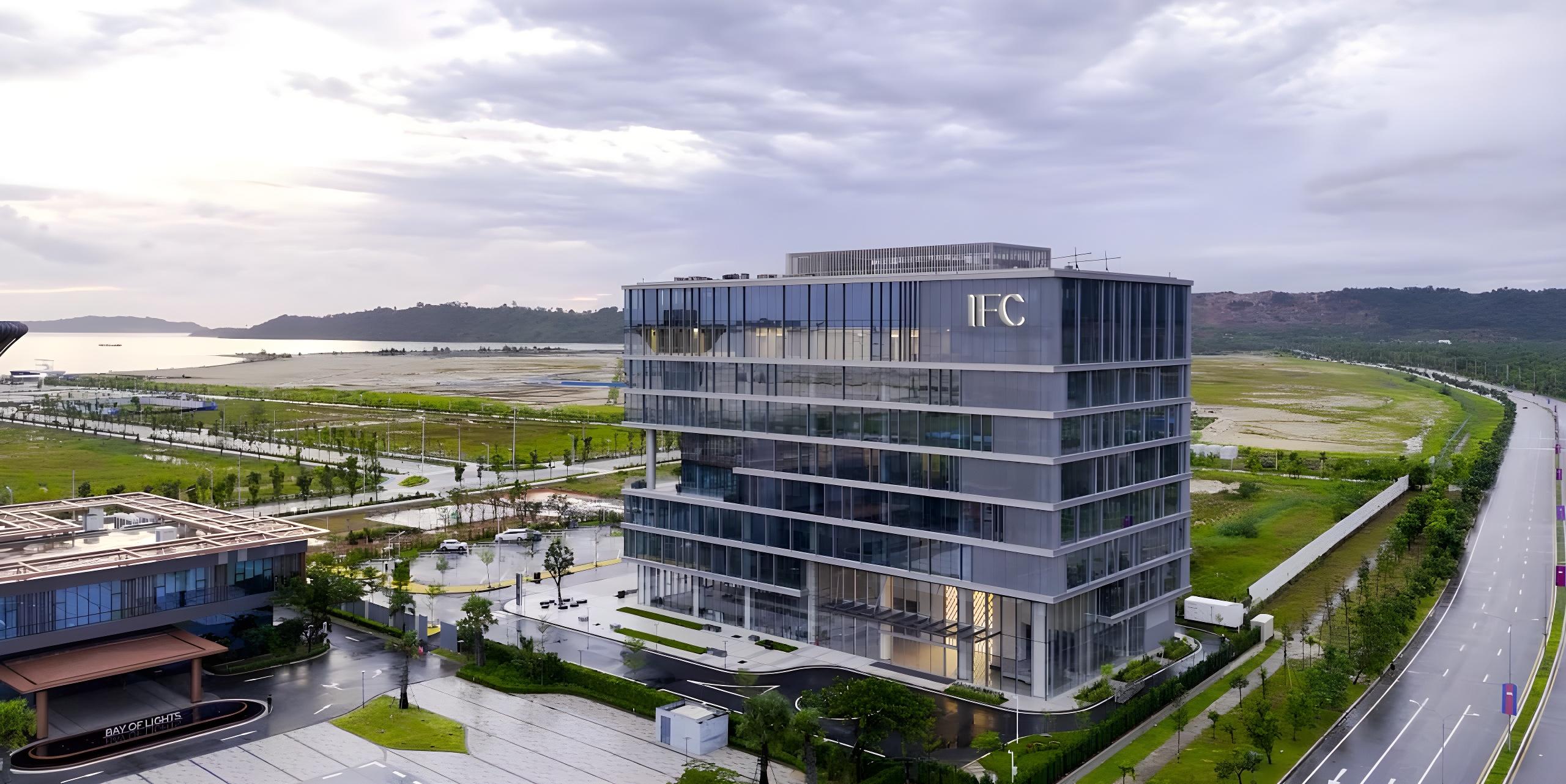
Comments